7 Foods That Could Help Boost Testosterone
Lifestyle changes and medications, when necessary, can frequently help raise low testosterone levels. Incorporating specific foods into your diet, like fish, leafy greens, eggs, and cocoa products, may also contribute to boosting testosterone to a healthy level.
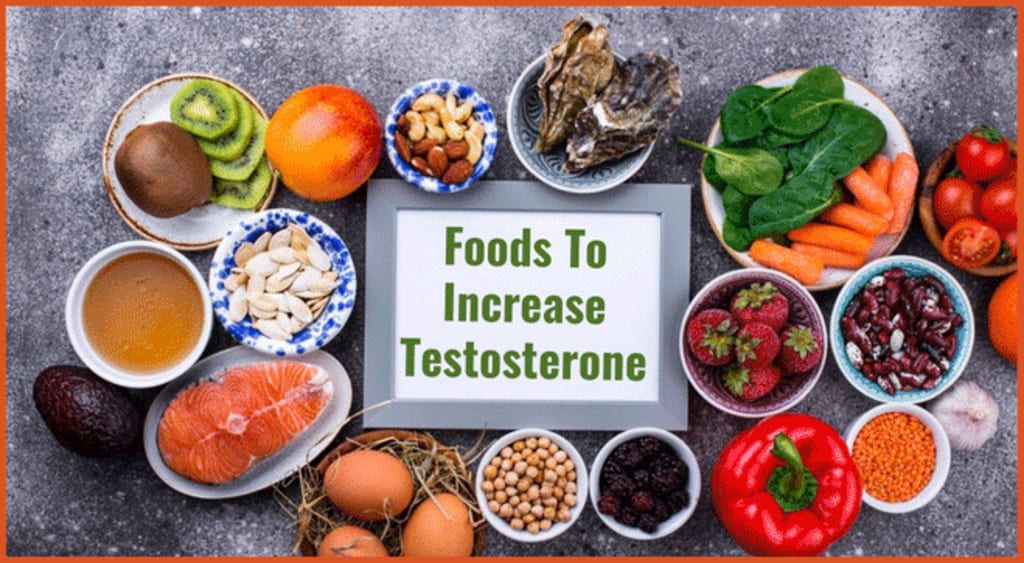
IF YOU NEED TESTOSTERON BOOSTER ,CLICK HERE
Testosterone, a pivotal sex hormone, influences various aspects of health including:
Sex drive
Bone and muscle health
Sperm production
Blood cell production
As individuals age, testosterone levels naturally decrease. Yet, other factors such as certain medications, high body fat levels, and specific health conditions can also lead to low testosterone levels.
Maintaining an overall health-enhancing lifestyle, including a balanced diet, is crucial for sustaining optimal testosterone levels. Research suggests that diets abundant in ultra-processed foods while lacking in nutrient-rich foods may contribute to decreased testosterone.
For those with low testosterone, adhering to medical guidance is essential. Additionally, adopting a dietary regimen rich in nutrients vital for maintaining healthy testosterone levels can be beneficial.
Numerous nutrients like vitamin D, magnesium, and zinc play crucial roles in supporting optimal testosterone levels. However, the research exploring the direct impact of individual foods on testosterone remains limited.
This article delves into 7 foods abundant in these essential nutrients that may aid in fostering healthy testosterone levels.
What is low testosterone?
Low testosterone, known as hypogonadism or low T, refers to a condition where testosterone levels drop below 300 nanograms per deciliter. Medically, low testosterone can be managed through testosterone replacement therapy.
Hypogonadism is prevalent, affecting a significant portion of the male population. Approximately 40% of men over 45 years old and 50% of men in their 80s are classified as hypogonadal.
Foods that may help boost testosterone
1.Fatty Fish:

Rich in essential nutrients like vitamin D, zinc, and omega-3 fatty acids, fatty fish such as salmon and sardines are beneficial for hormonal health. While certain high-fat foods like fried items may be linked to decreased testosterone levels in some individuals, low-fat diets have also been associated with testosterone decline. Nonetheless, a 2021 review highlighted that low-fat dietary patterns may reduce testosterone levels compared to higher-fat diets. It's important to note that more robust studies are required to fully grasp this correlation. Nevertheless, incorporating sources of healthy fats like fatty fish into your diet is likely to enhance overall health, including hormonal balance. Additionally, fatty fish are excellent sources of zinc, vitamin D, and protein, all vital for maintaining healthy testosterone levels. Research indicates that men with insufficient vitamin D levels often exhibit lower testosterone levels due to vitamin D's significance in male reproductive health.
2. Dark, Leafy Greens:
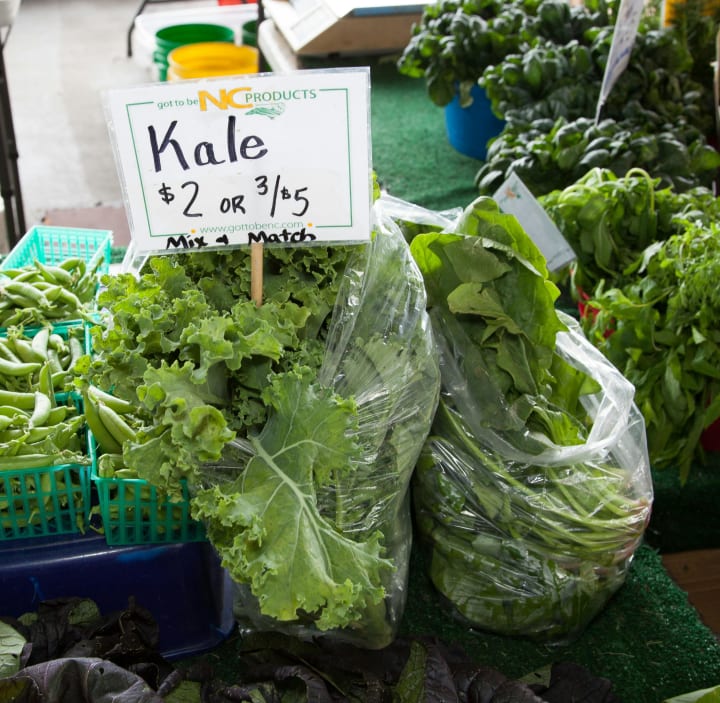
Dark, leafy greens are rich in micronutrients, particularly magnesium, crucial for sustaining optimal testosterone levels, particularly among older men. Magnesium is believed to enhance testosterone bioactivity by reducing oxidative stress, which arises from an imbalance between antioxidants and free radicals in the body. Oxidative stress and inflammation can lower testosterone levels, hence incorporating nutrients that combat oxidative stress may aid in maintaining healthy testosterone levels. An older study revealed that men aged 65 and above with higher magnesium levels in their blood exhibited elevated testosterone levels compared to those with lower magnesium levels. Moreover, research in Taiwanese men suggested a link between low intake of leafy green vegetables and reduced testosterone levels. Thus, increasing consumption of magnesium-rich foods like spinach, kale, and collard greens may help foster healthy testosterone levels.
3. Cocoa Products:
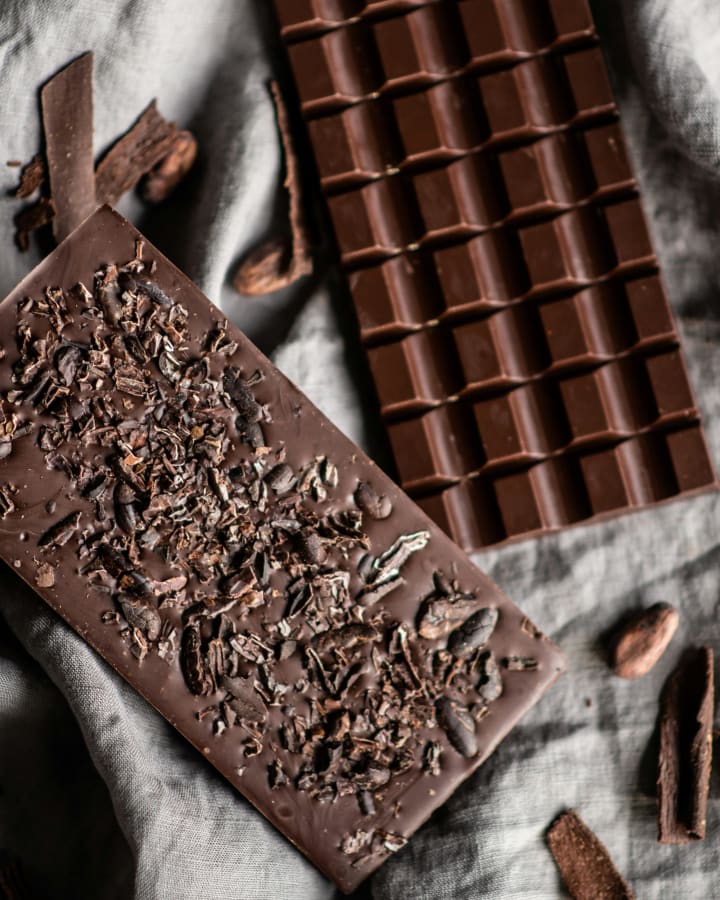
Cocoa products such as cocoa powder and cacao nibs are rich in magnesium and flavonoid antioxidants, both pivotal for testosterone. Flavonoids, plant compounds with potent antioxidant and anti-inflammatory properties, may aid in increasing testosterone production from Leydig cells in the testicles. Leydig cells are responsible for 95% of total testosterone production in men. Opting for cocoa products with no or minimal added sugar is advisable. Cocoa powder, cacao nibs, or low-sugar dark chocolate can be preferred for their remarkable health benefits.
4. Avocados:
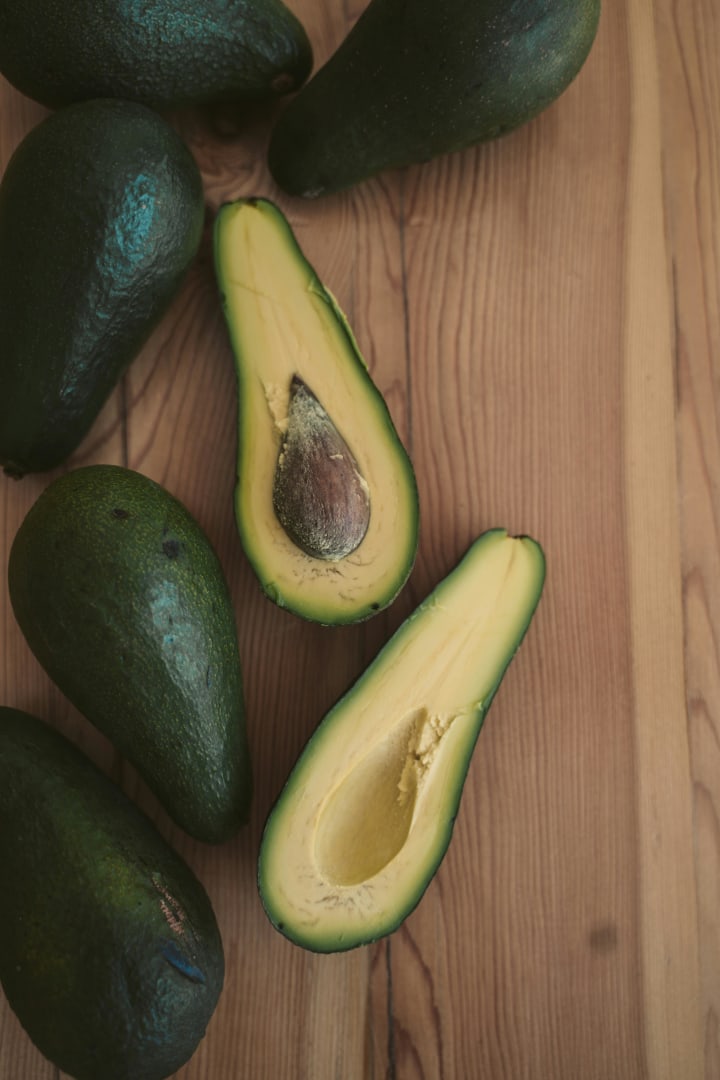
Avocados offer healthy fats essential for hormonal health. Additionally, they contain magnesium and boron, a mineral that may benefit testosterone levels. Boron seems to influence testosterone metabolism in the body and may safeguard against testosterone degradation. Although studies on boron supplements' potential to boost testosterone yield mixed results, incorporating dietary sources like avocados may help maintain healthy testosterone levels.
5. Eggs:
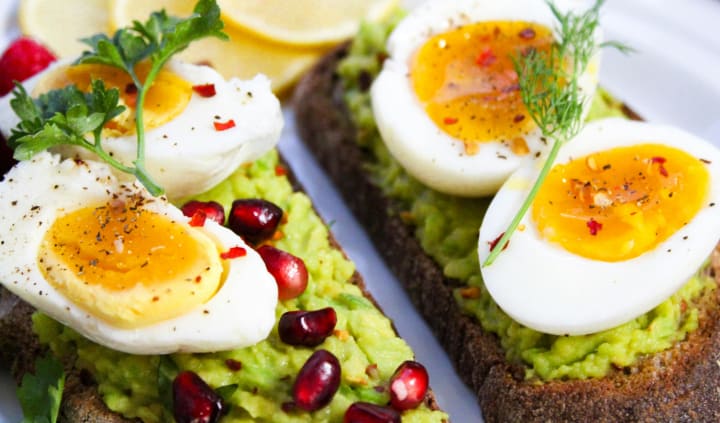
Egg yolks are rich in healthy fats, protein, and selenium, an antioxidant mineral. Selenium may enhance testosterone production by activating certain pathways and gene expression, as indicated by some test-tube and animal studies. Moreover, research suggests that individuals with optimal selenium levels in their blood tend to exhibit higher testosterone levels.
6. Berries, Cherries, and Pomegranates:
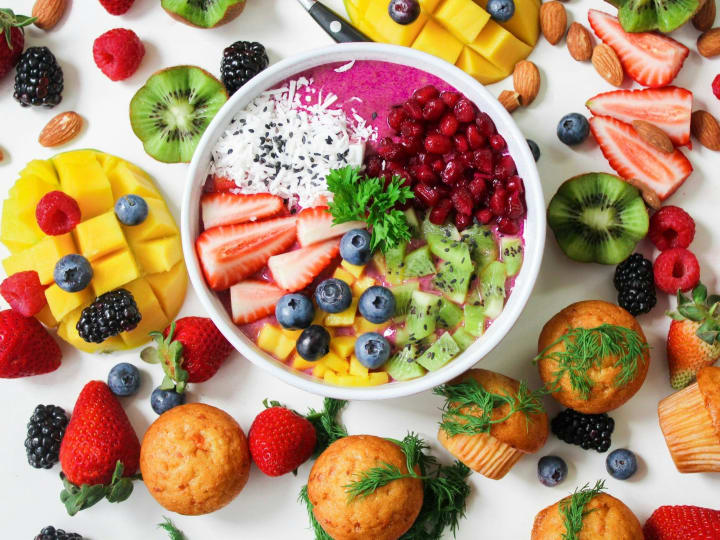
These fruits are abundant in flavonoid antioxidants, which may protect testosterone-producing cells from damage and stimulate testosterone production. Limited evidence suggests that pomegranate juice supplementation may increase testosterone levels and protect against obesity-induced inflammation, which can lower testosterone levels.
7. Shellfish: Shellfish like oysters and clams are rich sources of zinc, selenium, and omega-3 fatty acids, all supportive of optimal testosterone levels. Zinc deficiency can lead to hypogonadism due to its crucial role in reproductive health. While high-dose zinc supplements may be effective in treating hypogonadism in certain men, they are not universally recommended. Nonetheless, consuming foods rich in nutrients essential for maintaining optimal testosterone levels, such as zinc, selenium, and omega-3 fatty acids, may aid in promoting hormonal health.
Other ways to boost testosterone
Health-promoting dietary changes can aid in addressing low testosterone, yet they aren't a standalone cure for hypogonadism. Diagnosis of low testosterone requires confirmation by a physician through a physical examination and blood tests.
Upon diagnosis, your doctor may prescribe testosterone replacements available in various forms such as tablets, skin patches, topical gel, or injections. However, these medications carry the risk of serious side effects, necessitating thorough discussion with your doctor.
In addition to medical intervention, consider implementing dietary adjustments to enhance overall health rather than solely targeting low testosterone.
Various factors like body weight and lifestyle habits also influence testosterone levels. For instance, individuals with obesity are more prone to developing hypogonadism compared to those with moderate weight. Thus, maintaining a moderate weight is crucial for hormonal health.
Engaging in regular physical activity, quitting smoking, and reducing alcohol and drug consumption can further aid in improving testosterone levels for individuals with low testosterone.
About the Creator
william jane
EXPERT FOR HEALTH & FITNESS
Enjoyed the story? Support the Creator.
Subscribe for free to receive all their stories in your feed. You could also pledge your support or give them a one-off tip, letting them know you appreciate their work.






Comments
There are no comments for this story
Be the first to respond and start the conversation.